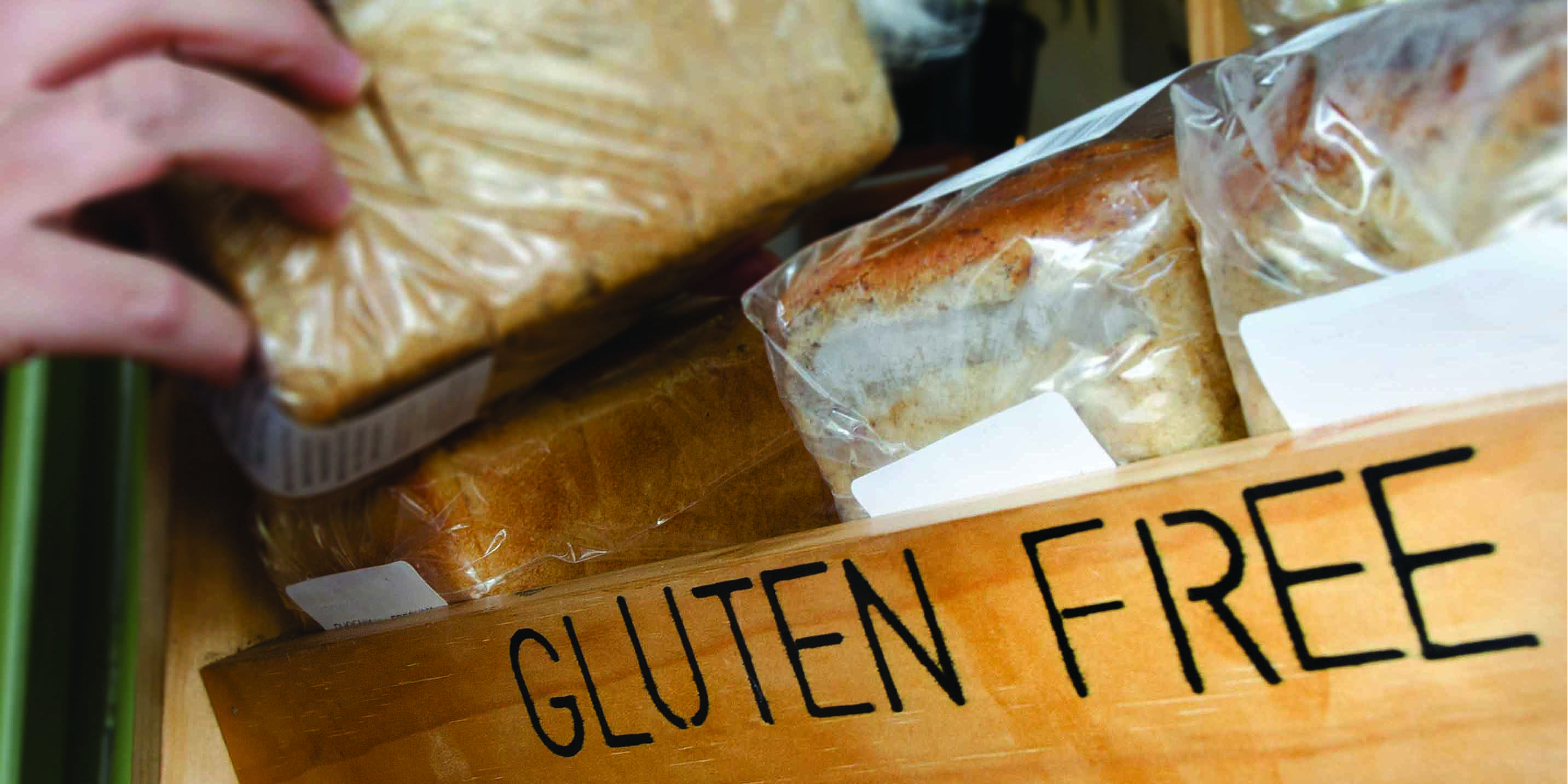A new biomarker could form the basis of a more convenient test for patients suspected of having coeliac disease
The six-week wait for coeliac disease diagnosis could be cut down to a few hours in the future thanks to a newly-discovered biomarker, Melbourne researchers say.
A team at the Walter and Eliza Hall Institute of Medical Research in Melbourne collaborated with scientists in America and Norway to pinpoint a blood protein that could form the basis of a quick diagnostic test.
The study, published in Science Advances, reported that the amount of interleukin-2 in the bloodstream of people with coeliac disease increased 15-fold within four hours of eating gluten.
The spike in this particular cytokine might be enough to diagnose coeliac disease without a biopsy, Associate Professor Jason Tye-Din, the Melbourne-based gastroenterologist who co-led the study, said.
“What we have shown in our work is that when people with coeliac disease are exposed to gluten, within a few hours, at a time when they are developing adverse symptoms such as nausea and vomiting and abdominal pain or diarrhoea, there’s a very distinct set of inflammatory markers that appear in the bloodstream,” he told The Medical Republic.
“And this cytokine signature is quite distinctive to coeliac disease and tends to correlate very strongly with the magnitude of symptoms that they are experiencing,” he said.
“And one marker in particular, interleukin-2, appears to be the strongest signal.
“You could envisage a time in the future where people could potentially just have a blood test and then have a small meal of gluten and then another blood test four hours later. And if they have that interleukin-2 rise, they are likely to have coeliac disease.”
At the moment, patients with suspected coeliac disease have to eat gluten every day for six weeks and undergo a small bowel biopsy before they can receive an accurate diagnosis.
The lengthy gluten challenge was an unpleasant prospect for many patients, so some just removed gluten from their diet without a diagnosis of coeliac disease, Professor
Tye-Din said.
“The benefit of this new approach is that you could avoid that prolonged gluten exposure and you may even avoid the need for a small bowel biopsy altogether,” he said.
“So, that would be a real boon for doctors managing people with gluten sensitivity.”
Adjunct Professor John Croese, a gastroenterologist at James Cook University in Queensland, said the discovery of this cytokine was “an exciting advance that will likely lead to a bedside test for coeliac disease in people who have self-managed with a gluten-free diet before establishing a firm diagnosis”.
(Adjunct Professor Croese was not involved in the study, but has previously co-authored papers with Dr Robert Anderson, the chief scientific officer at ImmusanT who worked on this study.)
However, Professor Tye-Din said a diagnostic blood test was still a long way off.
“As you know with any medical research, it needs to be validated and tested in large numbers of people before it becomes ready for the clinic,” he said.
“So, that could be in the order of several years to get those kinds of studies under way around the globe. And then it has to be shown to be diagnostically accurate and helpful.”


